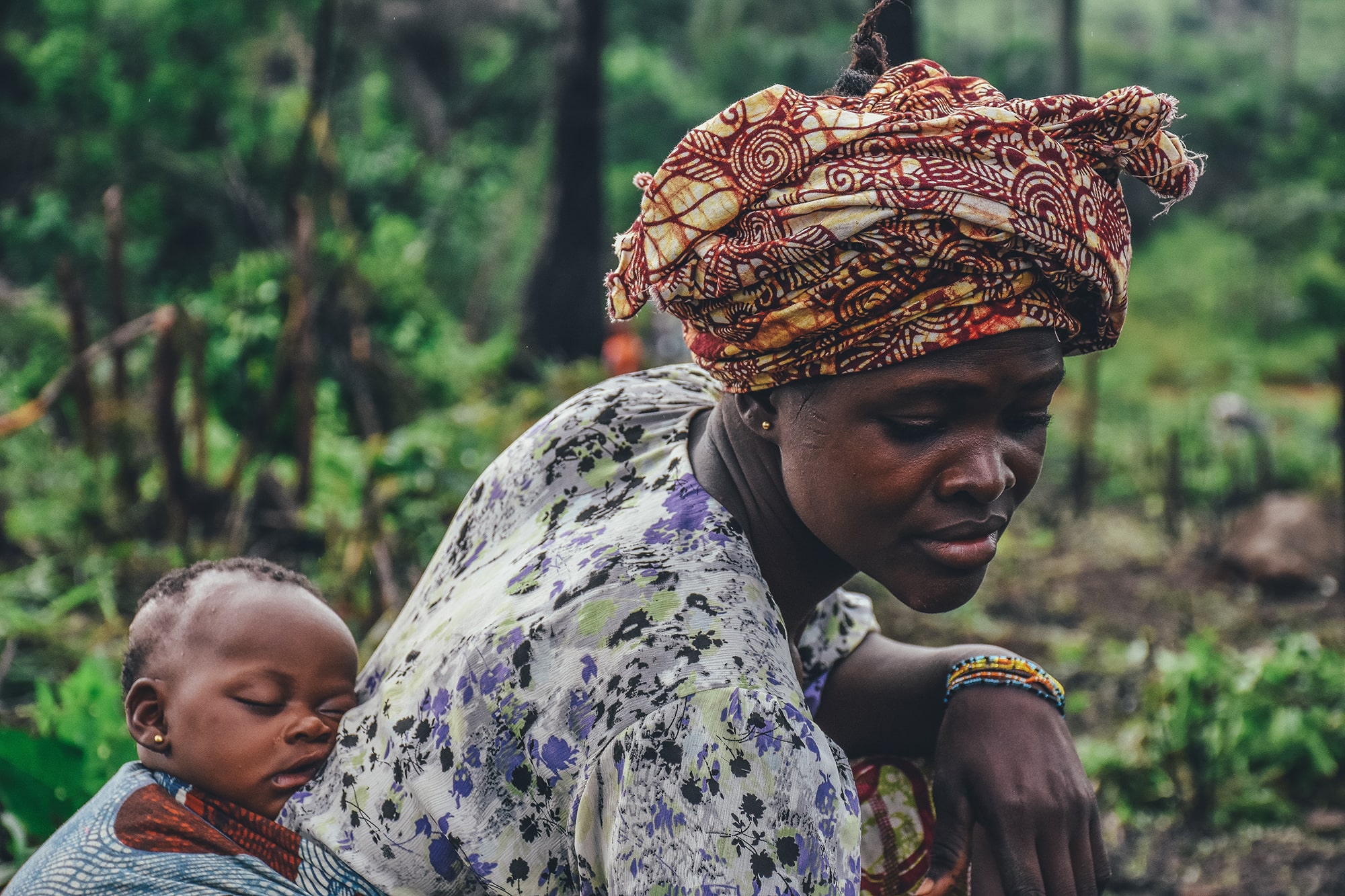The Ripple Effect That Changes Everything
Halima was twelve when her father announced her engagement to a man three times her age. As the fourth daughter in a family struggling with drought-related crop failures, her education was deemed an unnecessary expense. Her path seemed predetermined—until a community education advocate trained through our Sauti Sahihi program intervened.
Today, at seventeen, Halima ranks first in her class and dreams of becoming a doctor. Her story illustrates a truth that drives much of our work at the I Want to Be Foundation: when a girl stays in school, everything changes.

The Multiplier Effect
The statistics are compelling, but behind each number is a story of transformation:
A single year of secondary education increases a girl’s future earnings by up to 25%.
For every additional year a girl remains in school, her country’s GDP increases by approximately 0.3%.
Women with secondary education have fewer, healthier children and are more likely to ensure their own children’s education.
Communities with educated women show improved health outcomes, greater resilience to climate challenges, and reduced incidence of gender-based violence.
But what makes these statistics come alive is watching them unfold in real time across Tanzania’s communities.
Beyond the Individual: Communities Transformed
In the village of Mwanza, where our Kesho Bora Educational Initiative established a girls’ coding club, something unexpected happened. The fifteen participants didn’t just learn technical skills—they became visible examples of female achievement. Within two years, early marriage rates in the community dropped by 30%.
“When my younger sister sees me building a computer program,” explains 16-year-old Neema, “she doesn’t think about getting married—she thinks about what she can create.”
This is what development experts call “the role model effect,” and its impact cannot be overstated. Girls need to see possibilities before they can pursue them.
The False Economy of Early Marriage
Despite the evidence, play is often the first element cut when resources are limited. Many well-meaning programs focus exclusively on “serious” interventions while overlooking this foundational need.
This perspective misses something crucial: for children who’ve known primarily hardship, the ability to play represents healing in action. It’s not a luxury—it’s essential infrastructure for cognitive and emotional development.
Building Tomorrow Through Play Today
One challenge we frequently encounter is the perception that educating girls is economically impractical. In communities facing resource scarcity, the immediate benefit of a bride price can seem more valuable than the distant promise of education’s returns.
This perspective represents what economists call “the tyranny of the present”—sacrificing vastly greater long-term benefits for minimal short-term gains.
Our approach addresses both immediate economic pressure and long-term opportunity. Through scholarships that include family stipends, we remove the financial burden while demonstrating education’s tangible benefits. When families see their daughters bringing home coding certificates or leading community health initiatives, perception shifts from viewing girls as burdens to recognizing them as assets.
Barriers Beyond Economics
Of course, financial constraints represent just one barrier. Others include:
- Unsafe routes to school
- Lack of appropriate sanitation facilities
- Cultural perceptions about women’s roles
- Shortage of female teachers as role models
Our comprehensive approach addresses these interconnected challenges. Solar-powered lighting makes routes safer. Gender-separated latrines keep girls in school during menstruation. Community dialogues engage elders in examining cultural practices. Teacher training creates new female role models.
The Investment That Keeps Giving
Supporting girls’ education through the I Want to Be Foundation creates an unparalleled return on investment. When you help keep one girl in school, you’re not just changing her trajectory—you’re influencing her future children, her community’s health outcomes, and her country’s economic resilience.
As Halima told us recently: “Education didn’t just give me knowledge. It gave me the right to dream.” Help us ensure every girl has that right.
Social Chat is free, download and try it now here!